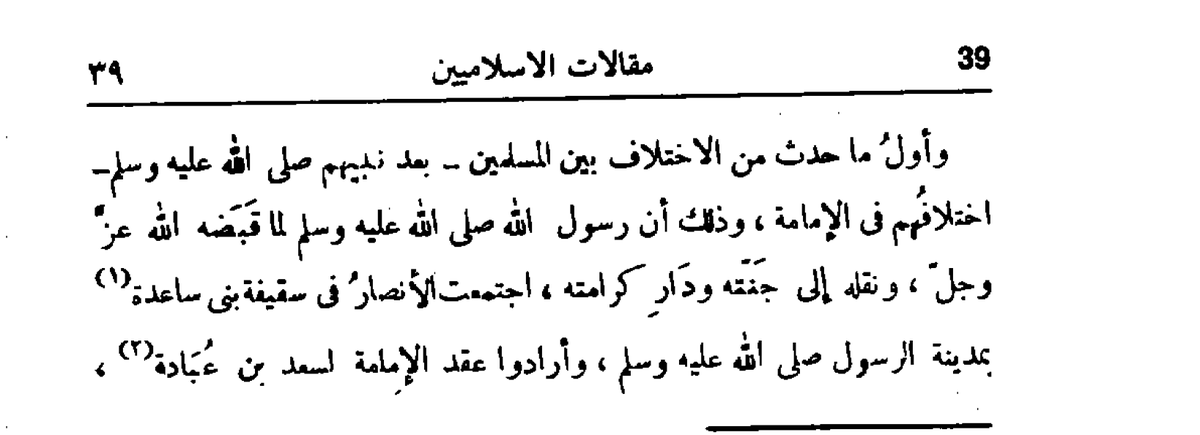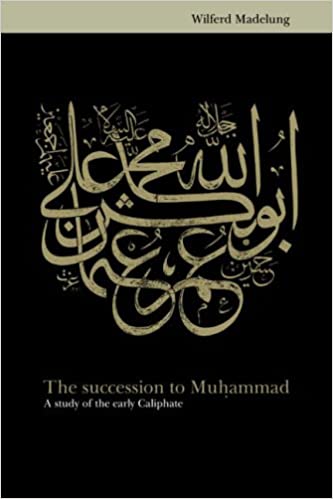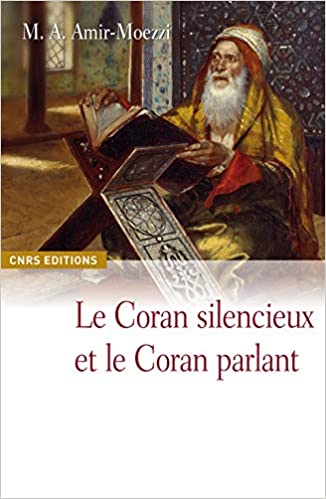1/The Prophet Muḥammad died in AD 632. The question of his succession, the right to inherit the mantle of leadership, was an epochal moment in early Islam which led to the religious factionalism of later centuries. Short thread on the different narratives of succession question
2/Muslim heresiographical accounts single out the issue of succession, or Imamate (i.e., leadership after Muḥammad) as most durable & schismatic event in early Islam. The succession was the root cause of a number of theological rifts, says Abū l-Ḥasan al-Ashʿarī (d. 936).
3/For a long while, Western scholars found little incentive to study the succession question. Academic historians proffered uncritical rehashing of the dominant (Sunni) narrative. The early Shiʿi sources were unknown, or when they were read, academics did not take them seriously.
4/Nineteenth & early twentieth century orientalists inherited & accepted as true the early heresiographical and triumphalist accounts, some looked askance at early Shiʿism, considered heretical and tendentious.
5/With the rise of Islamwissenschaft by pioneering figures such as Ignaz Goldziher (d. 1921), Shiʿism was seen as heretical, like Christianity in relation to Judaism. Goldziher said as much in his Die Fortschritte der Islam-Wissenschaft in den letzten drei Jahrzehnten.
5/No doubt, the intellectual ostracisation of Shiʿism persists until the present. Medieval & orientalists accounts converged on same persecutive: Shiʿism seen as theologically repugnant, socio-political sectarian movement, and intellectual contrarian that is antithetical to Islam
6/In western scholarship, inspired by Goldziher, Shiʿism was regarded as little representative of Islam, a Persian religiosity, & late ancient Neoplatonist spinoff. For a long while, orientalists fronted Sunni orthodoxy and orthopraxy as normative Islam.
7/The major turn came after 1968, following the now-famous Colloque de Strasbourg on Shi'isme imamite. Shiʿism was studied on its own terms now, its sources were read directly, not through secondary Sunni citations.
8/Wilfered Madelung (b. 1930), former Laudian Professor at Oxford University, played a monumental role in bringing about radical transformations in academic Islamic Studies. His The Succession to Muḥammad (1996) marked a new beginning.
9/One of Madelung's principal arguments was that the Shiʿi claims that ʿAlī was the rightful successor to Muḥammad stand on firm scriptural proofs in the Qurʾan. The academic community by and large, however, did not respond well to Madelung's claims. As below review shows.
10/Following closely, Amir-Moezzi of the École Pratique des Hautes Études, who works in the spirit of Madelung, has laboured hard to correct the historiographical misgivings of modern Islamicists, with his ongoing efforts to study the tumultuous period that is early Islam.
11/For example, in his Le Coran silencieux et le Coran parlant, Amir-Moezzi goes on to argue that the Sunni narratives of early Islam are as biased and tendentious as those of Shiʿism. Why should academics privilege one over the other? Both are equally biased.
12/Amir-Moezzi further argues that in some instances, however, Shiʿi sources could more useful. The Shiʿi perspective offers the view of a vanquished minority unbeholden to caliphal dictates. In the next thread I will explore those narratives of succession. END.

 Read on Twitter
Read on Twitter






